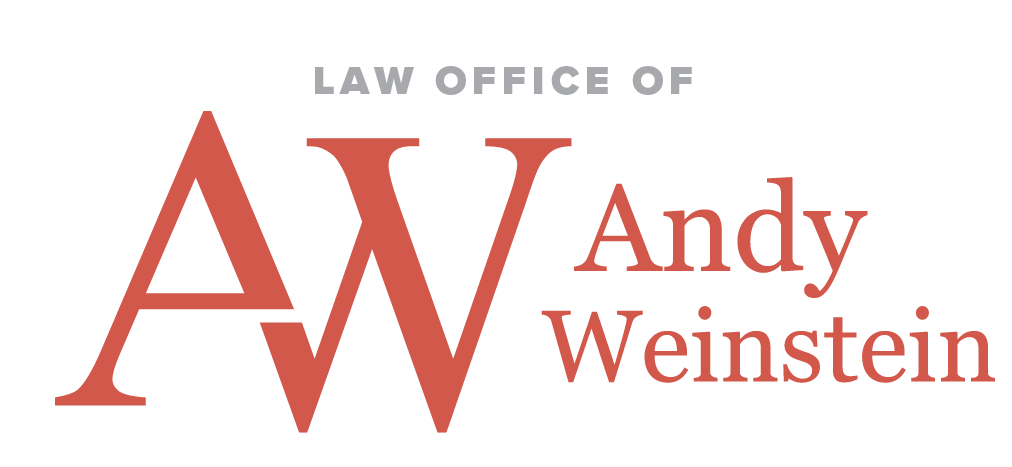The general rule in the criminal law is that an arrest and filing of charges just means that a court has found probable cause to accuse a person of a crime. The person is still presumed innocent. He cannot face punishment until he either pleads guilty or gets found guilty after a trial.
While this principle is true in the criminal law, it does not apply to many of New York’s or New Jersey’s trades and professions. Employers may take action against an employee after an arrest. While most employers are prohibited from, for example, asking applicants about arrests, an arrest that happens while a person is on a business’s payroll can be a different matter depending on the circumstances.
Some employers, including public employers, may even require employees to report an arrest and thus expose themselves to a temporary suspension or other disciplinary action.
Likewise, many professional licensing authorities have power to suspend someone who has been arrested for a crime. For example, in New York, lawyers must report criminal convictions and could face interim suspension even if they intend to appeal their convictions.
However, even before getting convicted, in some circumstances licensing authorities may still seek an interim suspension. If the authorities succeed, then the attorney will not be able legally to work in her profession at least until the charges get resolved.
Professionals will want to mount a vigorous defense after an arrest
Lawyers, doctors, business executives, public officials and other professionals in New York and New Jersey will want to seek out legal advice after an arrest for a crime.
The stakes of a criminal case are especially high for these professionals since they may lose their livelihood, and the first step may be to make sure that their side of the story gets told.

